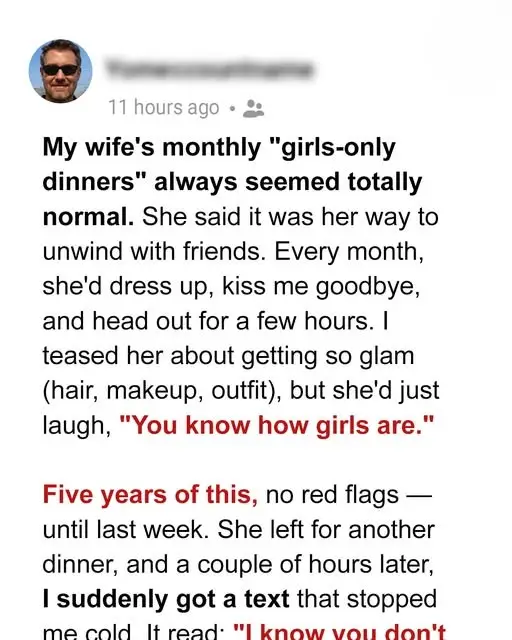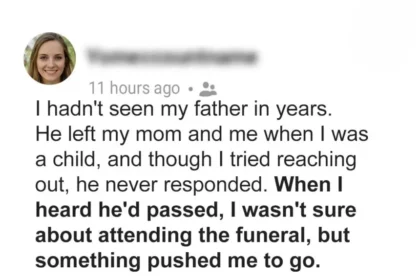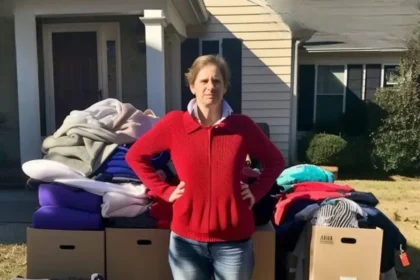She sobbed harder, shaking her head.
“I wasn’t thinking straight. I just… I just wanted to matter.”
We sat in silence for a long time. I wanted to scream, to walk away, to do anything but stay on that porch.
But then I looked at her — broken, remorseful, terrified — and I saw something I hadn’t expected: vulnerability. She’d built this mess because she was desperate to feel seen, and somehow, a part of me understood.
“I get it,” I said finally. Her teary face looked up in surprise.
“Look, I really felt like you shoved me into the corner when I found out about the dinners. It was like… I didn’t matter enough to even be told the truth. I guess that’s how you’ve always felt around your family, huh?”
She blinked, her lips trembling as she nodded.
“But this?” I gestured toward the door.
“This won’t get better until you talk to them. You have to tell them the truth. That’s the only way.”
Her voice cracked.
“I don’t know if I can.”
“You can. You will,” I said, my tone firm but not unkind. “If we’re going to fix this, it starts with honesty.”
Inside, the room fell silent as she poured out the whole story.
Her parents were stunned, guilt etched on their faces as they realized their part in it.
It wasn’t pretty, but it was real. Over time, therapy helped mend the cracks, and we rebuilt trust—slowly.
Now, the dinners happen at our house. Together, we’ve started new traditions.
As we sat down during one of the dinners, my wife looked at me, her eyes soft with gratitude, and said, “Thank you for not giving up on me.”
Source: amomama














